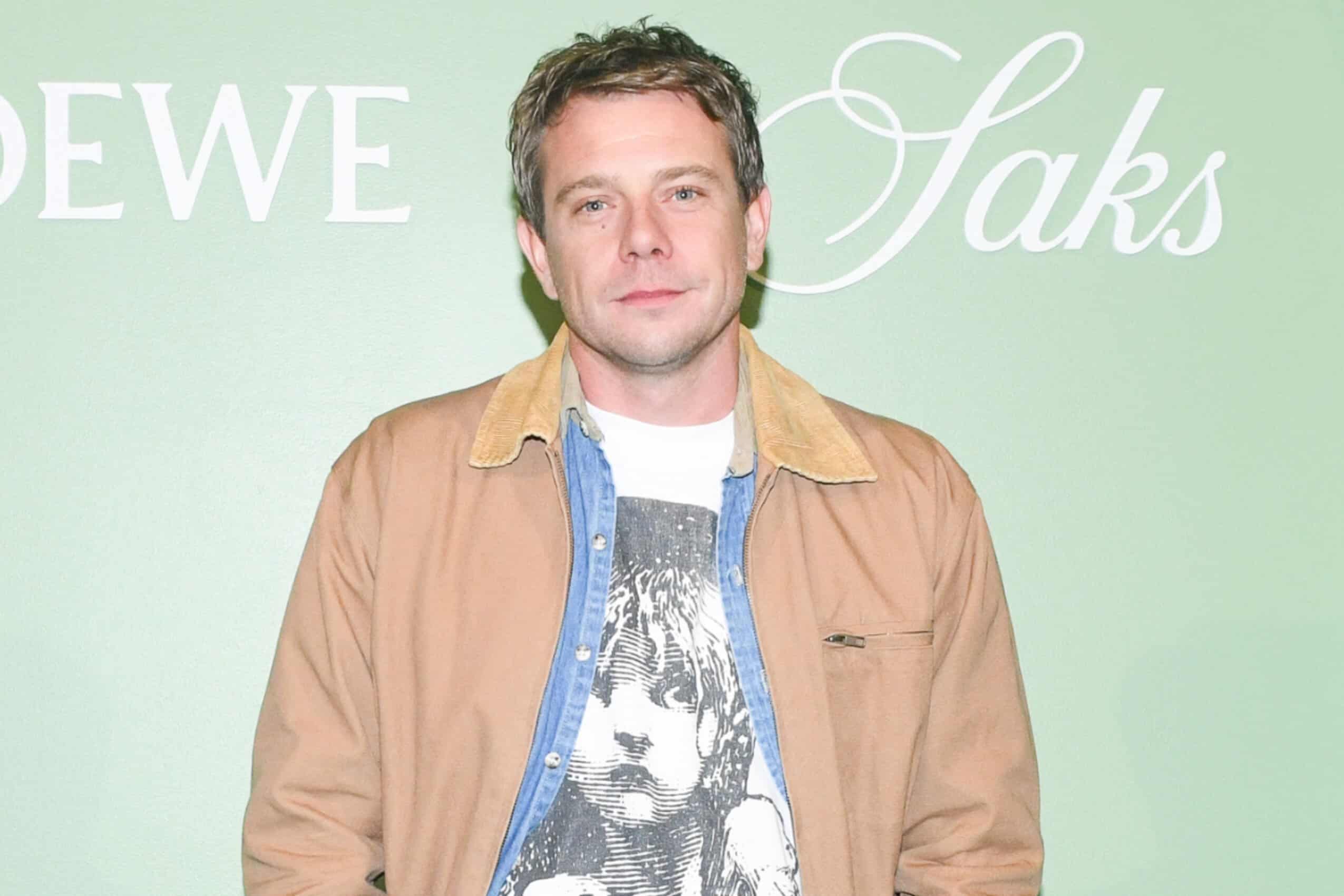Tetris takes viewers on the dangerous and high-stakes efforts to secure the smash video game’s licensing rights in late ’80s Moscow. The blocks mostly align in an espionage-styled thriller accompanied by 8-bit visual effects. The narrative progresses through higher levels as the characters, aka players, vie for the lucrative prize. The cloak-and-dagger plotting works in the first two acts before taking a hyperbolic turn. An exaggerated finale feels preposterous. Nonetheless, Tetris succeeds at showing Communism’s iron grip of oppression, brutal tactics, and rampant corruption.
In Las Vegas circa 1988, Henk Rogers (Taron Egerton), founder of Bullet-Proof Software, sits in his booth at the Consumer Electronics Show (CES). No one has any interest in his version of Go. He watches as everyone clamors to play Tetris. Henk becomes transfixed by the addictive gameplay. He discovers that Mirrorsoft, a British company, owned the rights to Tetris in the United States, but Japan, where he lived, was an open market.
Henk returns to Tokyo hellbent on acquiring Tetris. He leverages everything he owns with a risky gambit, much to his wife (Ayane Nagabuchi) and business partner’s chagrin. Henk travels back to the states and sneaks his way into Nintendo headquarters. His bold move works. They’re impressed with Tetris but have a top secret project that will transform gaming. Henk races to Mirrorsoft in London with a new purpose.
The True Story Behind the Tetris Movie
Apple Studios
The meeting with Mirrorsoft owner Robert Maxwell (Roger Allam) and his arrogant son, Kevin Maxwell (Anthony Boyle), reveals new information. Mirrorsoft secured Tetris through Robert Stein (Toby Jones), a cagey entrepreneur who peddled Russian software. Henk realizes he must get to Moscow, find the Tetris inventor, and sign an exclusive contract before Mirrorsoft swoops in.
He flies into the flailing superpower using a tourist visa under false pretense. Meanwhile, in Moscow, Tetris creator Alexey Pajitnov (Nikita Yefremov) gets a threatening visit from a duplicitous trade minister (Igor Grabuzov) and his KGB thugs. They understand Tetris’ immense value and want compensation.
Related: Underrated Video Game Movies, Ranked
Tetris introduces the primary characters and settings with old school 8-bit graphics, the gist being that everyone is trying to win the real-life game of owning a guaranteed moneymaker. Each level gets harder as the players become entangled in the Soviet Union’s impending demise. This stylized approach becomes more intrusive as the action heats up. A car chase scene that transforms into a video game feels silly and overblown. The established tension fizzles with reliance on cartoonish elements at critical moments.
Taron Egerton portrays Henk as brash and unwavering but genuinely motivated. He can’t afford to take no for an answer. Henk risks personal safety in Russia for his family’s financial future; they lose everything if he fails. Alexey also faces dire consequences, because Soviet citizens weren’t allowed to profit from their labor. He’s targeted and cruelly punished while others benefit from his brilliance. Communism subjugates while demanding loyalty. The film’s best moments show bleak food lines and the trading of cigarettes as elites clamor for the windfalls of free market capitalism.
Gameplay Graphics
Tetris is akin to those pesky L and T-shaped blocks. They fit perfectly in some places but cause problems in others. The overall storyline has merit. Henk and Alexey fending off greedy vultures and tyrannical government is worth watching. The gameplay graphics loses luster, though, and the film doubles down on that approach when it shouldn’t.
Tetris is a production of Apple Original Films, Marv Studios, and AI Film. It will have a March 31st streaming release exclusively on Apple TV+.
You can view the original article HERE.


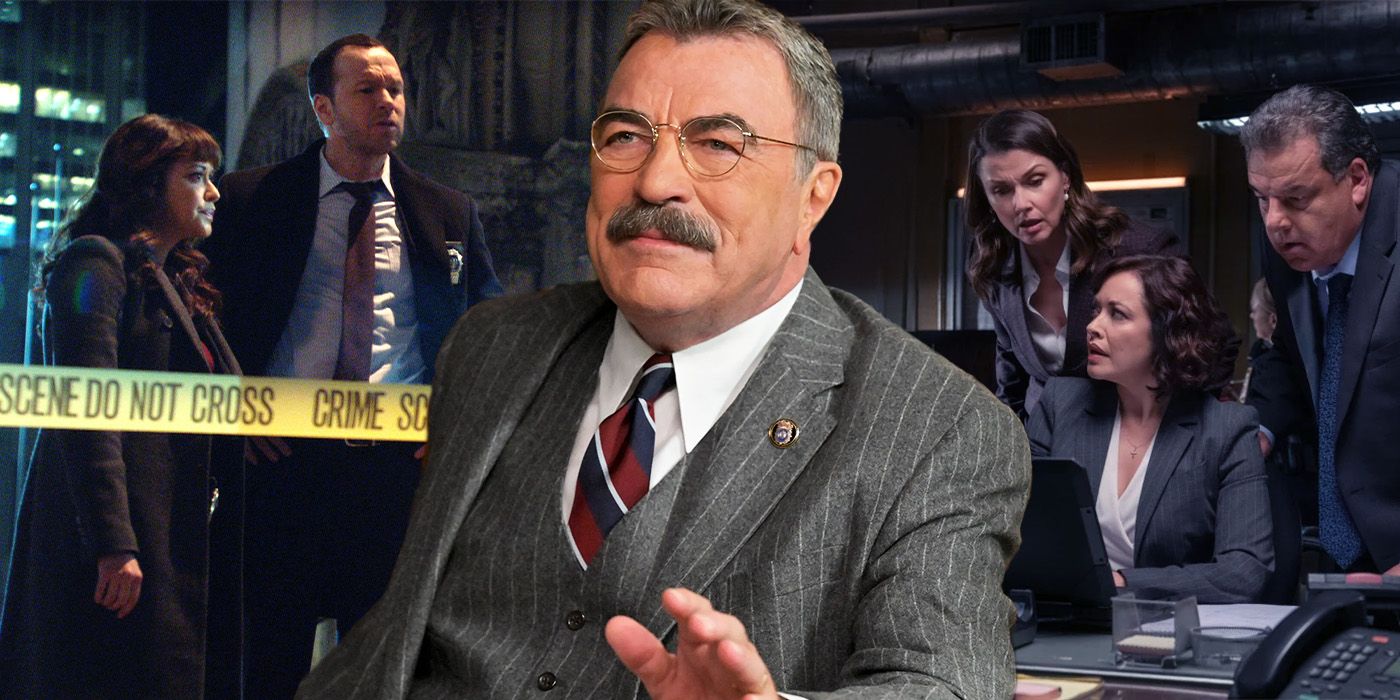
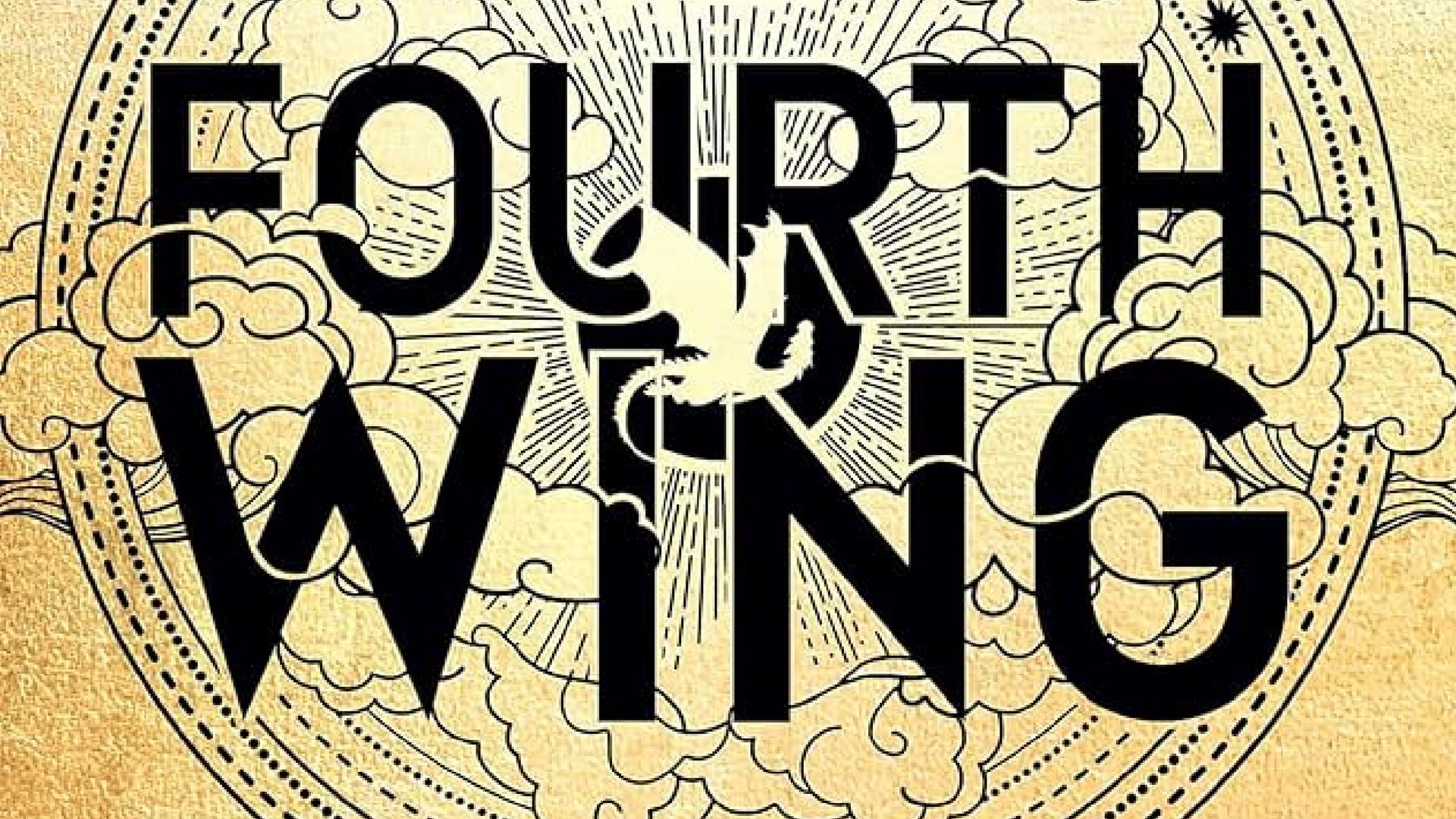

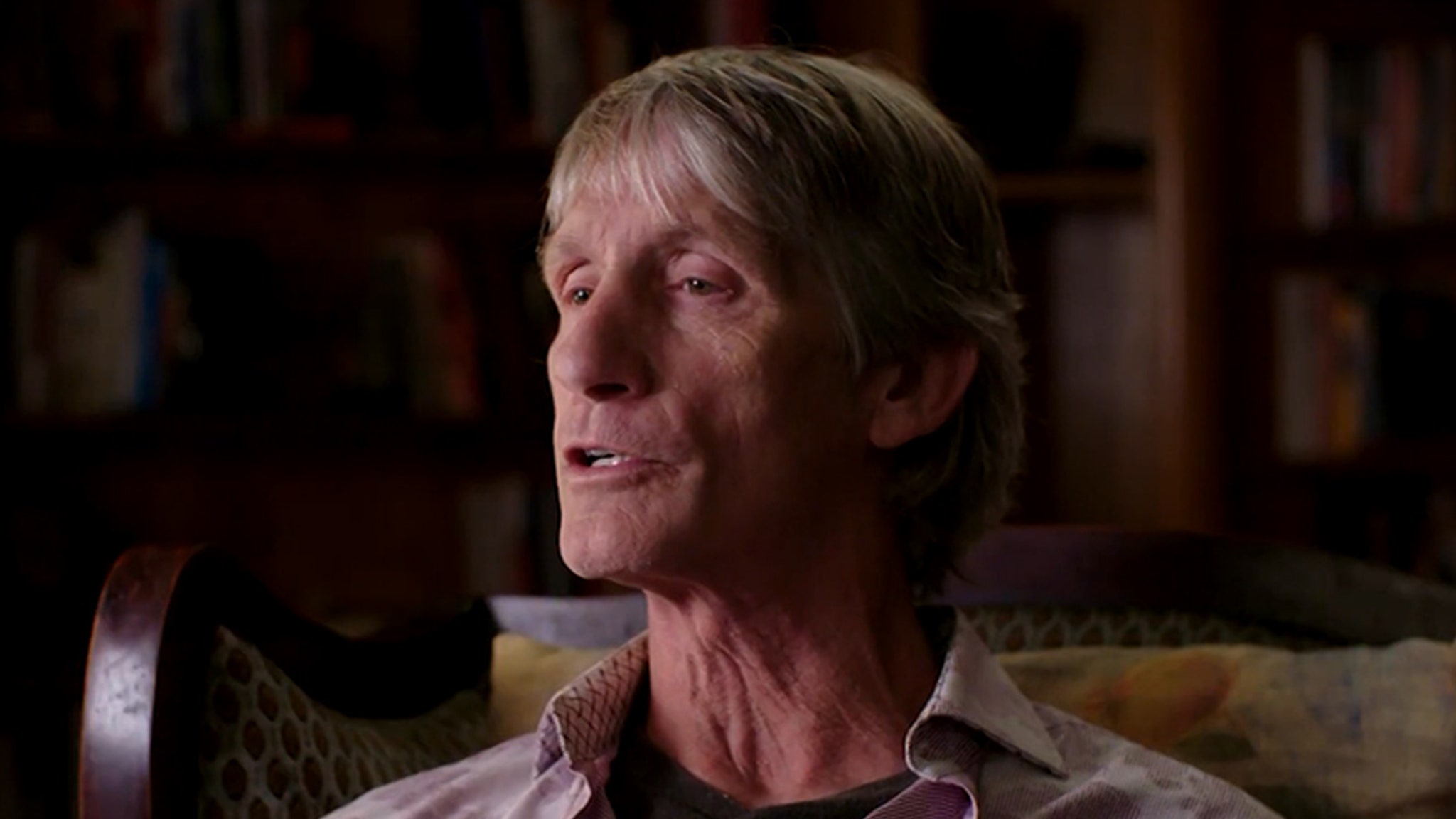




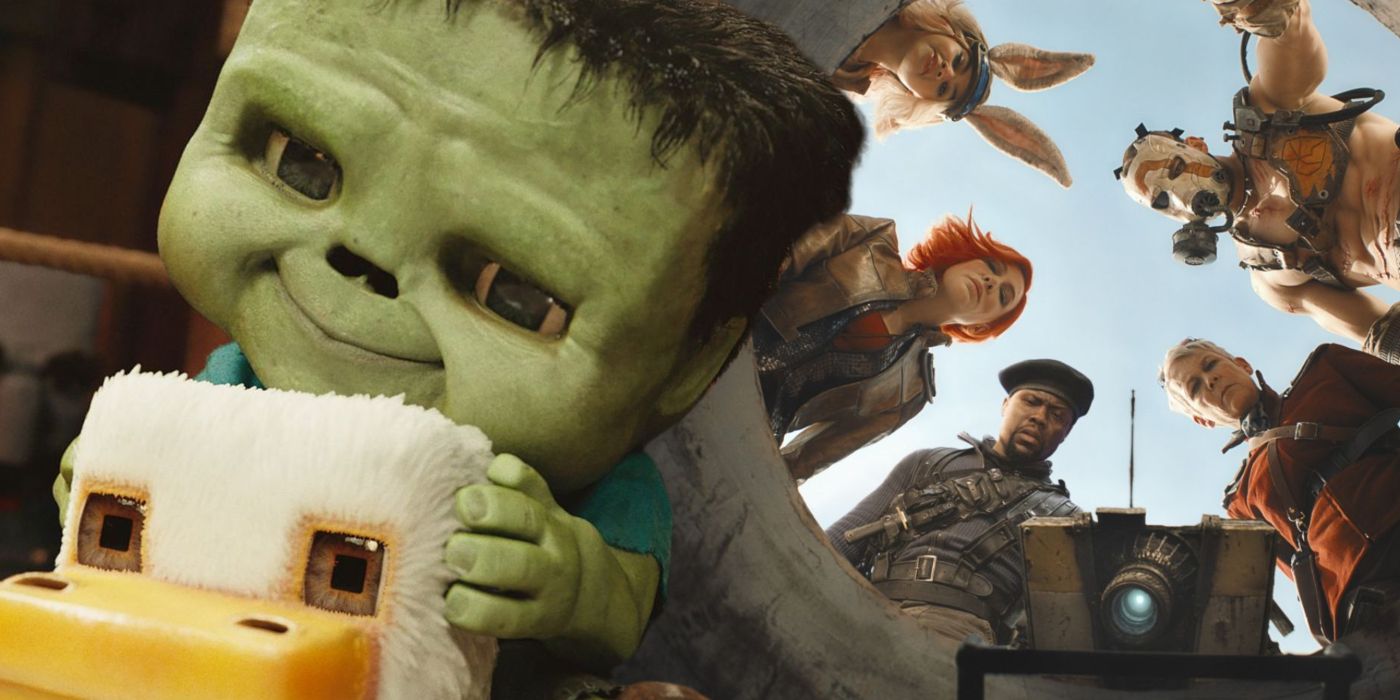


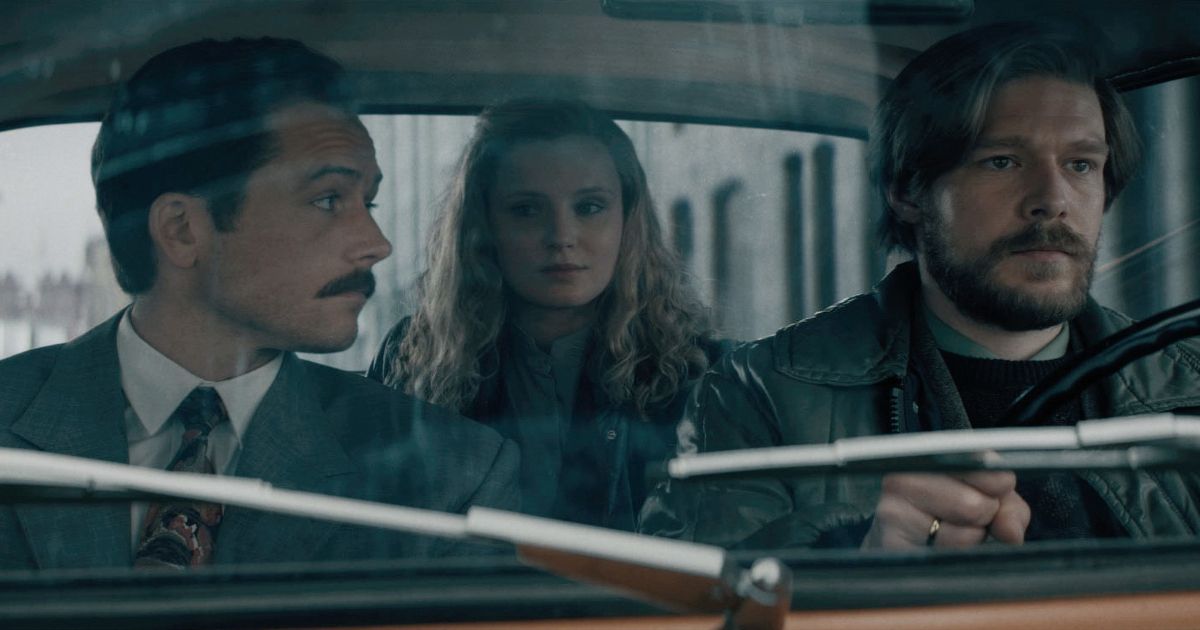

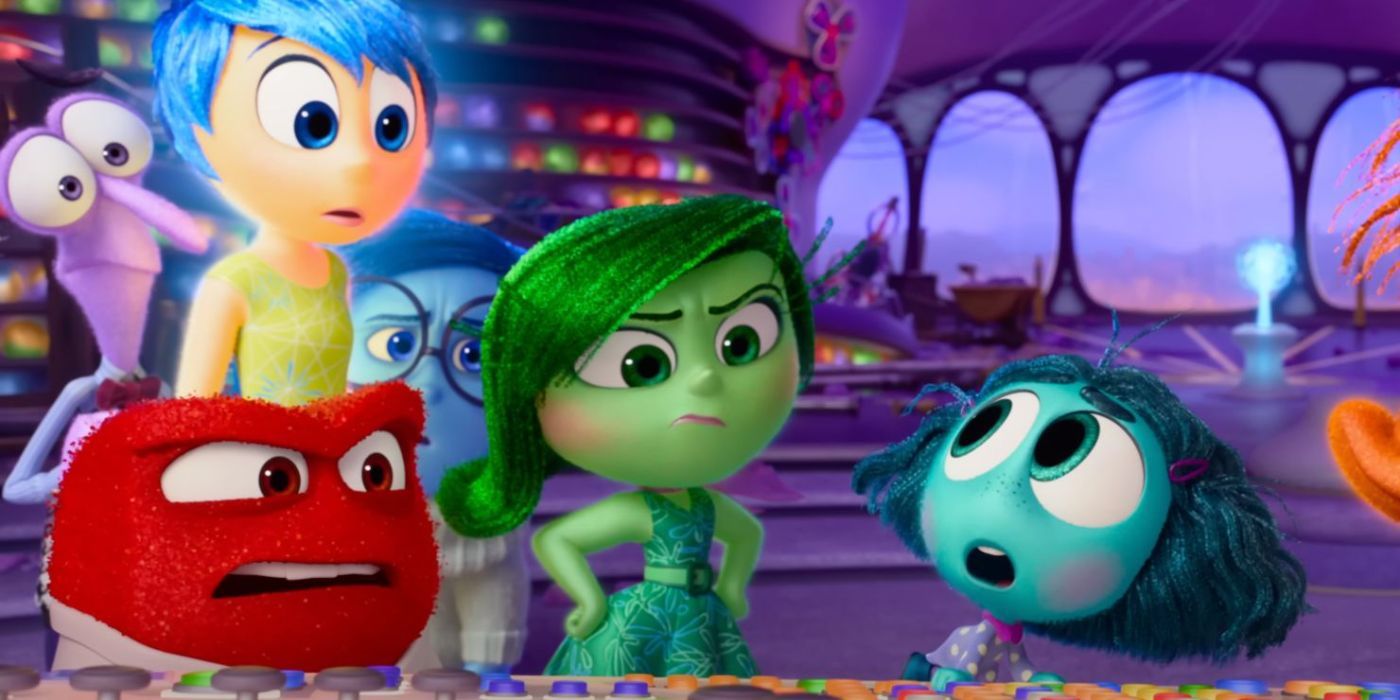


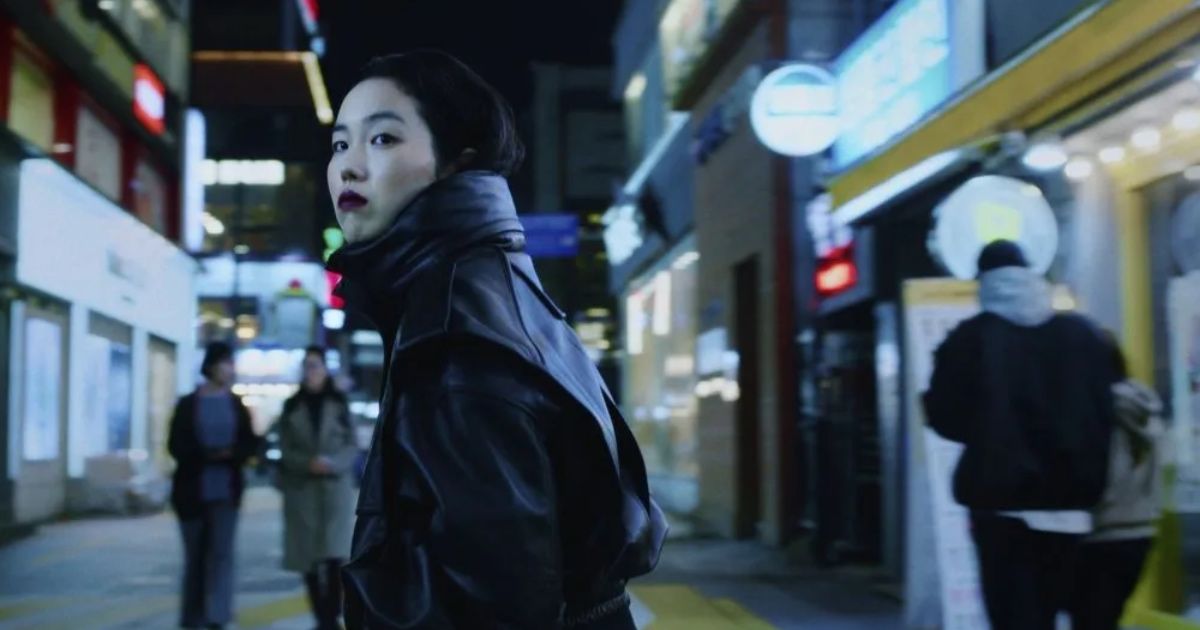
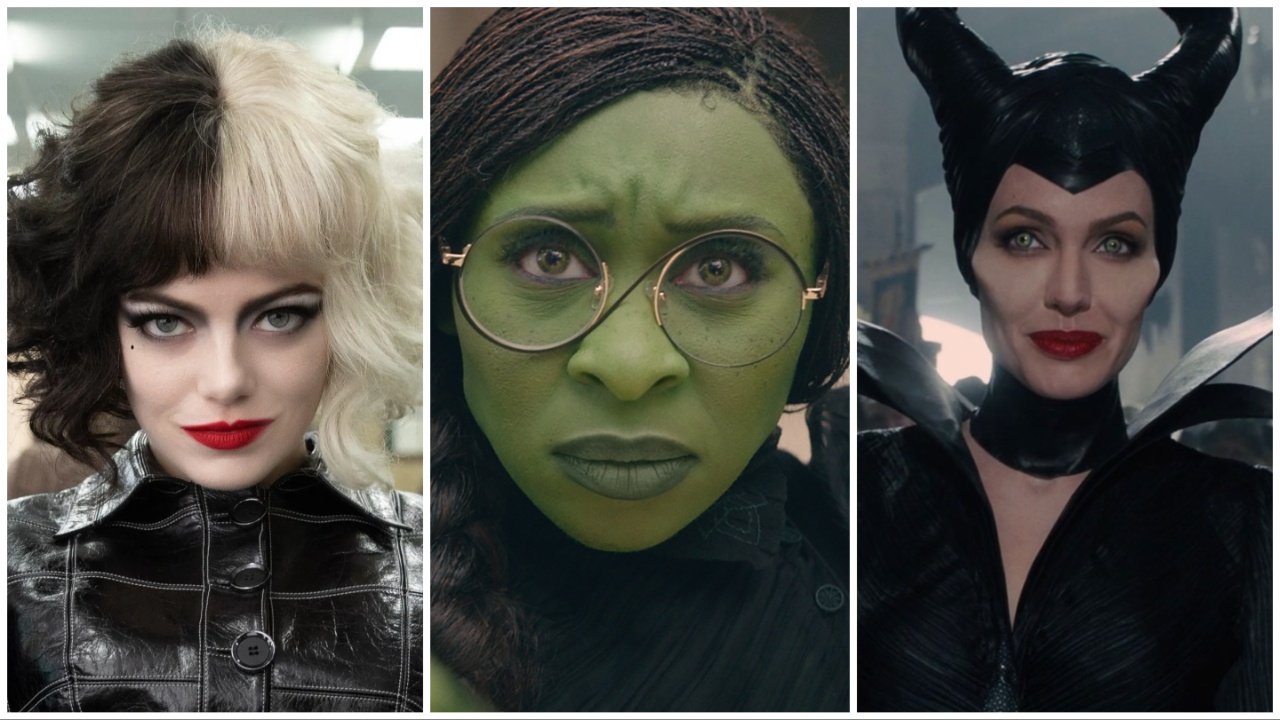

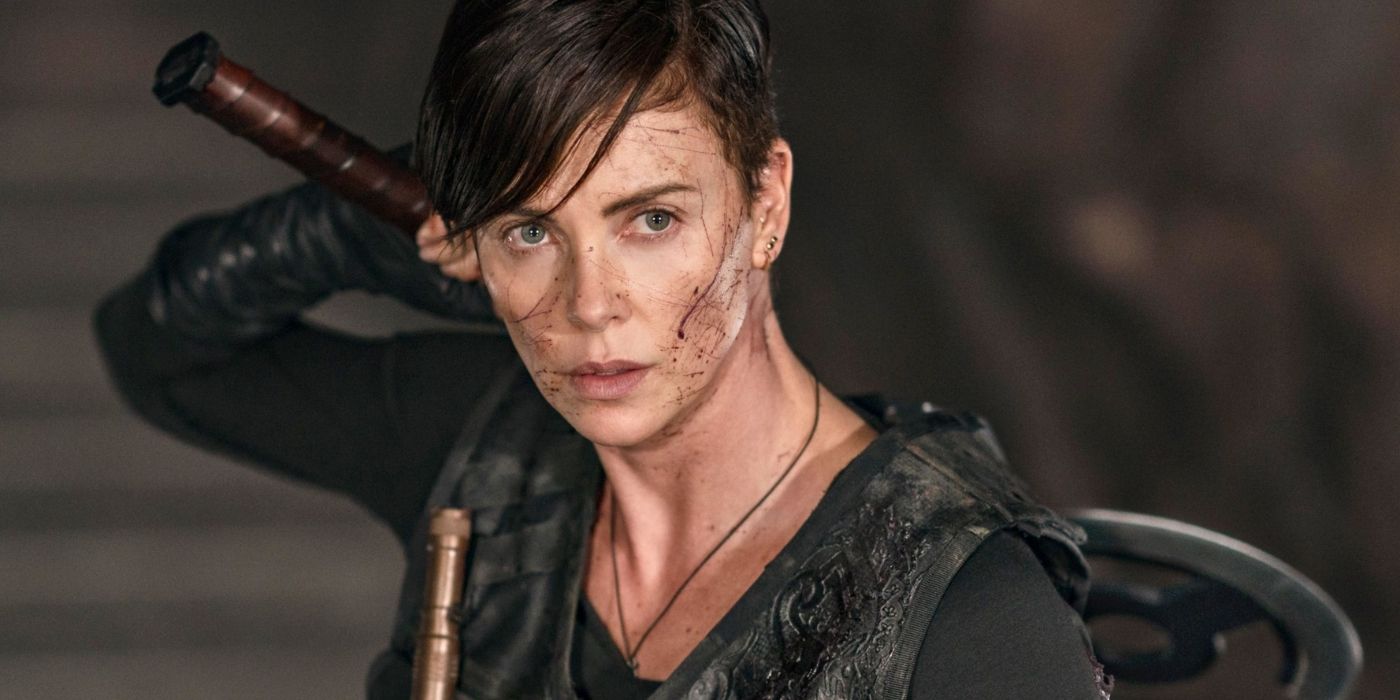




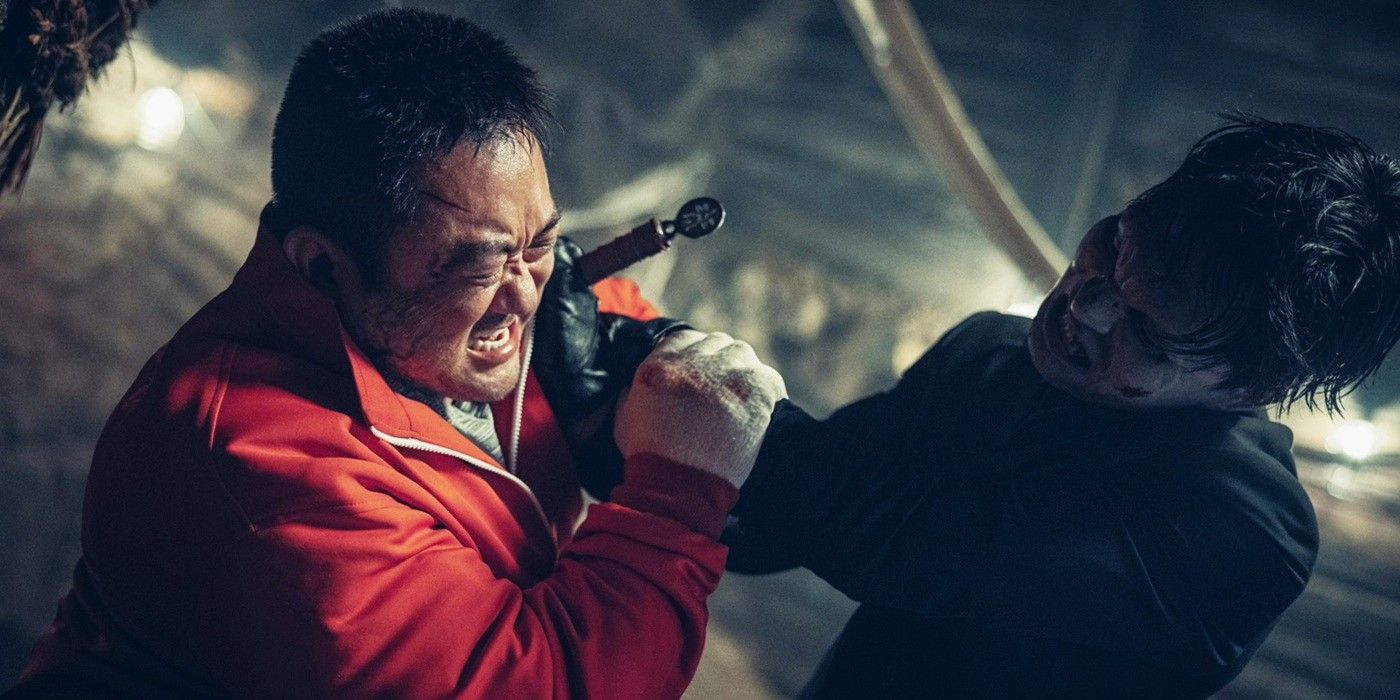
:quality(85):upscale()/2025/04/17/966/n/1922564/69dc205568017c7cad79f2.40744747_.png)
